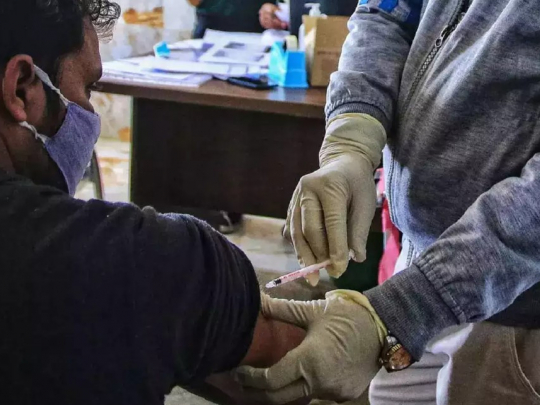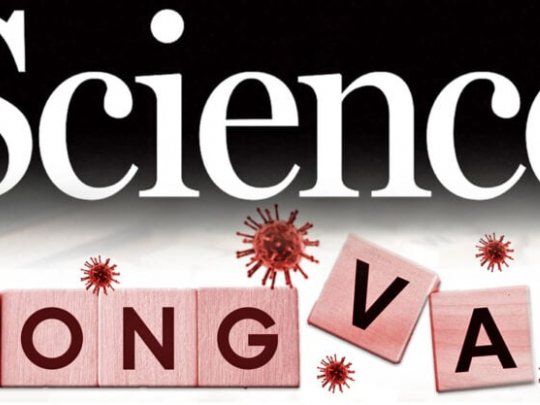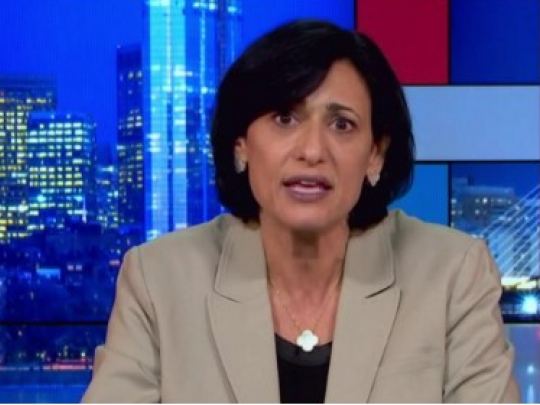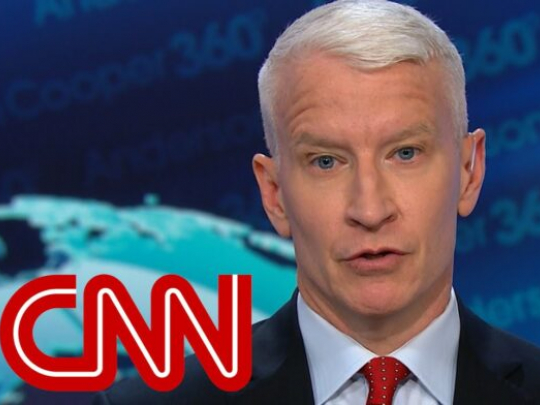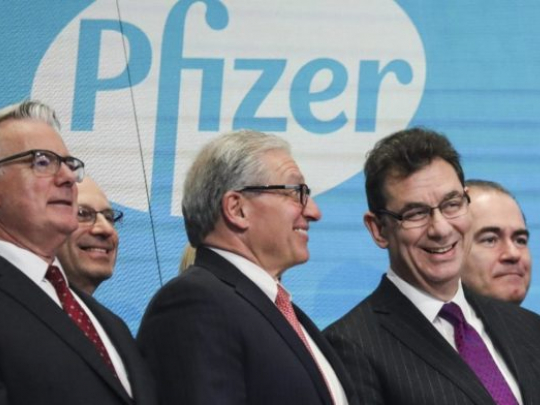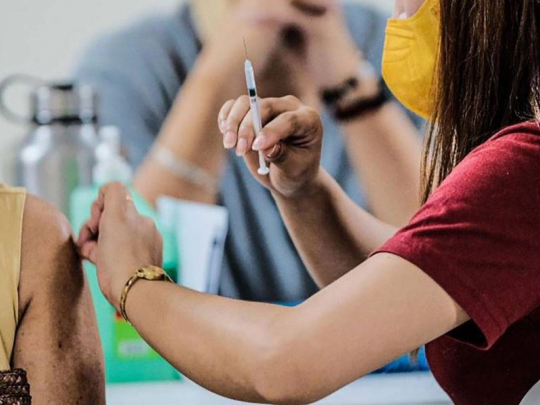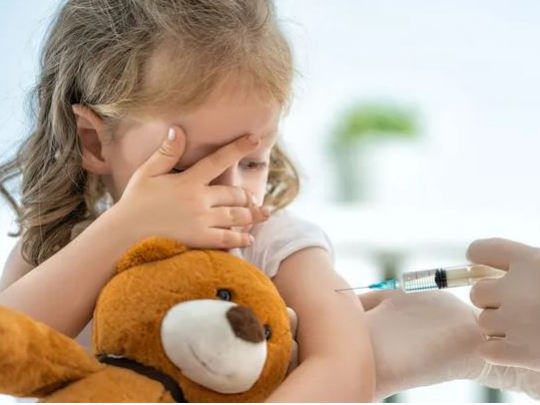COVID vaccine weekly: more vaccinated than unvaccinated Britons are now dying from the coronavirus
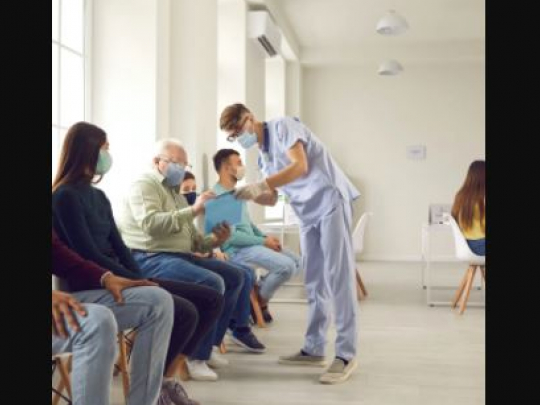
Coronavirus vaccines lessen the chance of you getting COVID-19 and massively reduce the risk of developing serious illness and being hospitalised. Yet at the same time, most COVID-19 deaths in England are now currently among the vaccinated. Is this a cause for alarm?
Put simply, no, says Kit Yates, senior lecturer in mathematical biology at the University of Bath. No vaccines are 100% protective, so cases, hospitalisations and deaths are still to be somewhat expected among those who’ve been jabbed – and especially in those who are older.
This is because the risk of dying from COVID-19 increases so steeply with age that even being vaccinated doesn’t lower the risk for older people down to levels that some younger people experience. Due to their age, a vaccinated 70-year-old is still at greater risk from COVID-19 than an unvaccinated 35-year-old. Given this, it isn’t surprising that more vaccinated people are dying of COVID-19 than unvaccinated people.
What is alarming is that cases are currently spiking disproportionately in younger people in the UK, with this no doubt being partly due to vaccine coverage in younger age groups being lower. Vaccine uptake in younger people has slowed. However, one strategy to boost young people’s willingness to take a vaccine could be to get them more involved in their local community, research suggests.
When people feel a sense of belonging to a group, this can boost healthy behaviours, particularly if they grow to feel an obligation to that group, writes Juliet Wakefield, senior lecturer in social psychology at Nottingham Trent University. This can include taking a COVID-19 vaccine. A new study shows that people who felt a stronger connection to their local community, and so felt a greater obligation to protect other community members, were more willing to get vaccinated. Initiatives that build bonds between people and their community – such as volunteering – therefore could end up raising vaccine uptake.
Another driver of uptake might be vaccine passports. Proof of COVID-19 vaccination might be needed for all sorts of activities in the future, from international travel to attending public events. Many people aren’t keen on this, given that previously such activities were much less restricted, but like them or loathe them, these passports are fair, argues Simon Kolstoe, university ethics advisor at the University of Portsmouth. Providing, of course, that everyone has access to a vaccine.
In the UK, this isn’t a problem. While the majority of the world’s countries are still well short of having the doses they need to fully immunise their populations, Britain has sufficient supplies to consider launching an autumn vaccine booster programme. In this, those most at risk from COVID-19 would be given a third vaccine dose to bolster their immunity.
But the problem is that there isn’t clear evidence that these boosters are needed, writes Sheena Cruickshank, professor in biomedical sciences at the University of Manchester. The protection offered by two vaccine doses hasn’t shown signs of dropping off, and the current vaccines still guard well against the worst effects of COVID-19 despite the emergence of new variants. It would be better for Britain to give these doses to countries where vaccine coverage currently is low.
That said, we don’t know what the future will hold. A new variant – lambda – has started spreading across the globe, with eight cases having been recorded in the UK. It’s unclear yet whether it is more transmissible, deadly or evasive than other variants, but if it is, taking steps to boost people’s protection might suddenly seem like a good idea.
- Source : Rob Reddick




